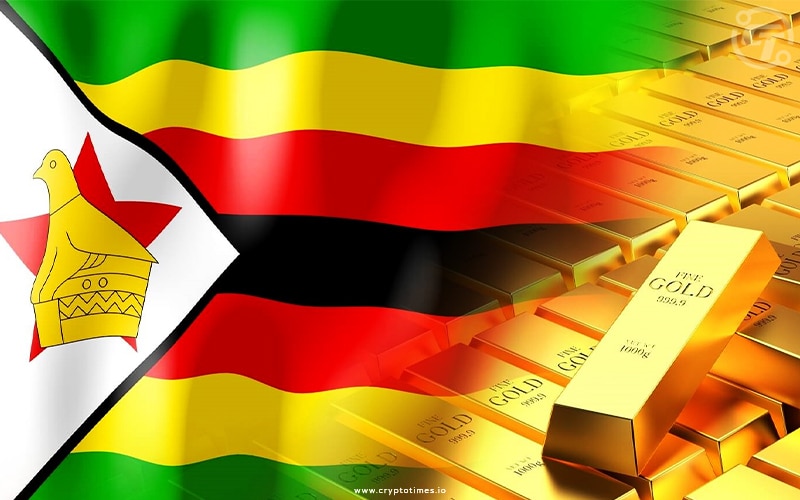The Zimbabwe Reserve Bank (ZRB) appealed to its citizens to report instances of traders and businesses refusing to do transactions at the rate of Zimbabwe Gold (ZiG)- the country’s newly launched currency, in an effort to tackle the rising menace of illegal foreign exchange trading.
Grappling with inflation woes, Zimbabwe recently introduced a new currency named Zimbabwe Gold (ZiG), which is backed by gold reserves and foreign currency. The currency, available in digital and physical formats, was introduced by the Reserve Bank of Zimbabwe (RBZ) on April 29, 2024 and it is the sixth new currency launched by the country in the past one and a half decades.
Barely a month after its launch, authorities in Zimbabwe had noticed a steep rise in use of foreign exchange trading in the country in a bid to create a parallel finance system. In an effort to tackle the menace, the central bank has urged the public to report illegal currency traders and businesses that refuse to accept ZiG.
The ZiG replaces the previously depreciated Zimbabwean dollar, pegged at 13.56 to the U.S. dollar. The new currency is backed by 2.5 tons of gold and $100 million in foreign currency reserves held by the central bank. The RBZ expects the introduction of ZiG to help curb inflation, aiming to reduce it from over 55% to 2% per year.
Despite the ZiG’s 1.9% gain against the U.S. dollar since its introduction, the currency has faced difficulties at home. The Zimbabwe Reserve Bank (ZRB) has been combating illegal foreign exchange trading and a black market for the currency. .
Authorities have arrested 224 illegal FX traders, frozen 90 bank accounts, and fined 40 people in an effort to crack down on illegal ZiG dealing. There has also been a problem with the lack of coins, prompting the RBZ to work on increasing the availability of smaller denominations.
To improve the usability of ZiG, the RBZ announced that cash withdrawals using debit cards would be available at the government-owned Homelink financial services company in seven cities starting June 10. The Zimbabwean government has imposed fines for not conducting transactions at the official ZiG/USD exchange rate.
Zimbabwe’s introduction of the ZiG marks the country’s sixth attempt in 15 years to establish a stable local currency. Previous efforts were sabotaged by the printing of money to finance government spending, leading to collapsing values against the dollar.






